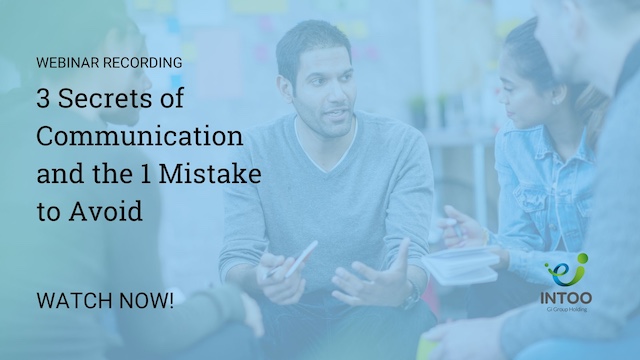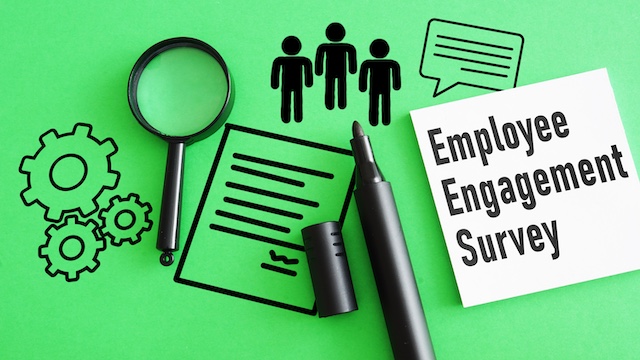Taking the feelings of your applicants into account in your hiring process can have a considerable impact on your reputation as an employer. So much so that in the modern business environment, candidate care support solutions are becoming increasingly common. However, why is this aspect of hiring so important to the wider reputation of your brand?
In this guide, we highlight the key differences between how positive and negative candidate experiences can affect an organization. In doing this, we outline just why it’s so crucial for companies to understand how candidate experiences can change the way job seekers, and the wider public, perceive their brand.
What Is a Positive Candidate Experience?
“Candidate experience” refers to the series of steps an employer has a professional go through when applying for and entering a new position with the company. The process encompasses things like your organization’s career page, onboarding procedures, and interviews between you and the applicant. With this in mind, a positive candidate experience would be an ideal version of the hiring process that leaves the job seeker feeling content with their interactions with your brand before, during and after the process.
Each stage of the hiring journey should be as stress-free and uncomplicated as possible to create a positive candidate experience. For example, the job descriptions you post should be easy to understand and answer the applicant’s questions about the role. Another example would be holding interviews that don’t make the interviewee feel uncomfortable. Communicating with the candidate in a timely fashion throughout the application process is also essential to a good experience. In summary, any step you take to improve the hiring process will lead to a better experience for your candidates.
Do keep in mind that these experiences are equally important to all applicants, even the ones who don’t become part of your organization. In fact, how a company handles those who are rejected during the hiring process is also a key component of good candidate care and can have an impact on your bottom line.
Why Positive Candidate Experience Matters
Hiring is expensive
It takes time and resources to find new employees for an organization, especially for companies that actively seek out applicants. This means it can be very expensive. Additionally, some job seekers may opt out of the hiring process if they dislike the experience or get a bad impression of the business. Employers need to create a positive candidate experience to avoid investing extra resources into filling their positions.
It can attract top-quality candidates
Valued professionals who are desirable by several companies will know their worth and have expectations for their employers. Failing to impress talented individuals from the start may cause them to look into other options, even before applying to your organization. Being known for providing great candidate experiences will strengthen your reputation, which can make your business more enticing to quality job seekers.
Negative experiences can make attracting talent even harder
Having a bad reputation as an employer will alienate people from a company and make it difficult to appeal to sought-after professionals. Applicants can share their experiences with others on the Internet or through in-person interactions, leading to organizations developing unfavorable reputations. Being seen as inconsiderate, difficult to interact with, or uncommunicative can quickly cause job seekers to lose interest in a company and avoid applying to it altogether.
 It strengthens your employer brand
It strengthens your employer brand
Positive candidate experiences will influence how your brand is perceived by the public. Companies that are known for treating their applicants well can become highly desirable places to work. Candidates will also actively seek out businesses that have been recommended to them by their peers. Your employer brand may even impact how customers see your organization. This is to say, people often buy products/services from, and stay loyal to, businesses they find reputable.
Poor experiences can damage your brand
As mentioned before, bad reputations earned from poor applicant experiences can alienate people from a company. This also extends to consumers, given that some customers will distance themselves from business owners who don’t share their values or ethics. Mistreatment of job candidates can make companies seem cruel and uncaring to those who read or hear the stories of unsatisfied applicants. Employers must acknowledge these poor experiences and work toward improving their hiring process to repair their image.
To sum up, candidate experience has become increasingly important in recent years. The experience your business provides not only reflects how potential candidates see your business, but also how your wider reputation is judged in the business community. INTOO offers scalable, cost-effective candidate experience solutions that establish your reputation as an employer of choice. Our easy-to-set-up platform demonstrates your brand’s focus on career development by offering job search tools to improve your applicants’ candidacy. Contact us to learn how INTOO’s Candidate Care can enhance your candidate experience.



 It strengthens your employer brand
It strengthens your employer brand








